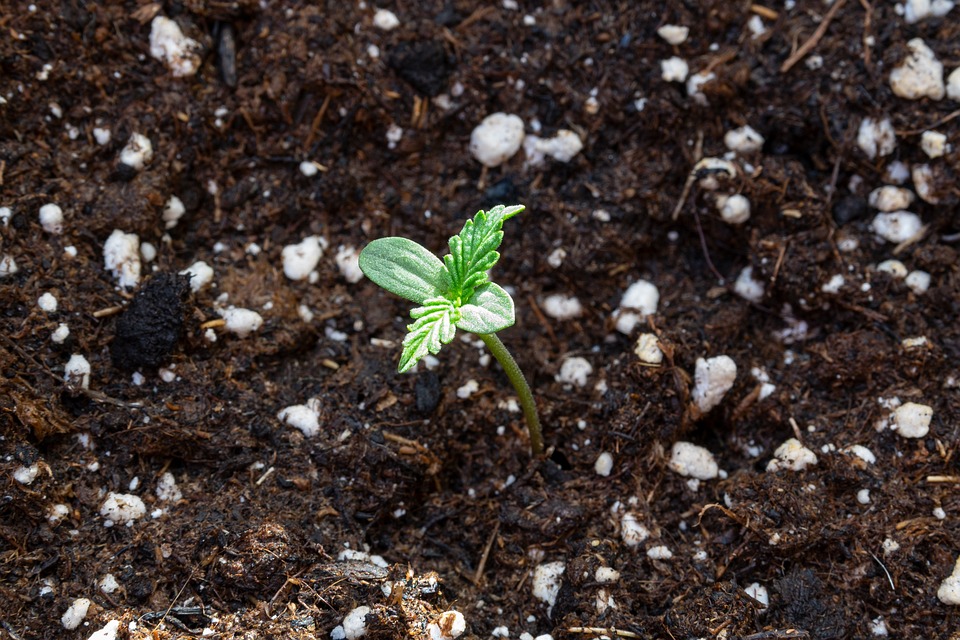Introduction
Hemp farming has been gaining popularity in recent years as more states in the US and countries around the world legalize the cultivation of hemp. This versatile plant has a wide range of uses, from textiles to food products to building materials. In addition to its many practical uses, hemp farming has the potential to have a significant economic impact on local communities. In this article, we will explore the economic benefits of hemp farming and how it can help stimulate local economies.
The Economic Benefits of Hemp Farming
One of the key economic benefits of hemp farming is the potential for job creation. Hemp cultivation requires labor for planting, harvesting, processing, and marketing the final product. By creating new jobs in the agricultural sector, hemp farming can help reduce unemployment rates and boost local economies.
In addition to job creation, hemp farming can also generate revenue for local communities through the sale of hemp products. Hemp-derived products such as CBD oil, textiles, and construction materials are in high demand, both domestically and internationally. By tapping into this growing market, local hemp farmers can generate income and contribute to the economic development of their communities.
Case Studies: Economic Impact of Hemp Farming
Several case studies have highlighted the positive economic impact of hemp farming on local communities. For example, in Colorado, where hemp cultivation has been legal since 2014, the hemp industry has created thousands of jobs and generated millions of dollars in revenue. The state has seen a boom in hemp-related businesses, from farms to processing facilities to retail stores, all of which contribute to the local economy.
Similarly, in Oregon, another state with a thriving hemp industry, farmers have reported significant increases in income from hemp cultivation. The demand for hemp products has led to the establishment of new businesses and partnerships, further stimulating economic growth in the region.
Challenges and Opportunities
While hemp farming can bring many economic benefits to local communities, there are also challenges that need to be addressed. One of the main challenges is the lack of infrastructure for processing and marketing hemp products. Many farmers struggle to find reliable buyers for their crops, leading to potential financial losses.
However, there are also opportunities for innovation and growth in the hemp industry. As demand for hemp products continues to rise, there is potential for investment in processing and marketing facilities, creating new opportunities for local businesses and entrepreneurs.
Conclusion
In conclusion, hemp farming has the potential to have a significant economic impact on local communities. By creating jobs, generating revenue, and stimulating economic growth, hemp cultivation can help revitalize rural economies and support sustainable development. As more states and countries legalize hemp farming, it is important to recognize the economic potential of this versatile plant and work towards building a thriving hemp industry that benefits both farmers and local communities.
FAQs
Q: Is hemp farming legal in all states?
A: Hemp farming is legal in many states in the US, but regulations vary from state to state. It is important to check local laws and regulations before starting a hemp farm.
Q: What are the most profitable hemp products?
A: CBD oil, textiles, and construction materials are among the most profitable hemp products on the market. These products have high demand and can generate significant revenue for farmers.
Q: How can I get started with hemp farming?
A: To get started with hemp farming, you will need to research local regulations, secure a farming license, and invest in the necessary equipment and infrastructure. It is also important to network with other hemp farmers and industry professionals for guidance and support.
[ad_2]
